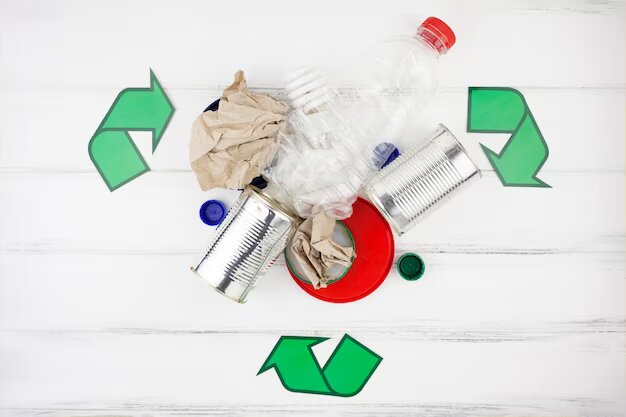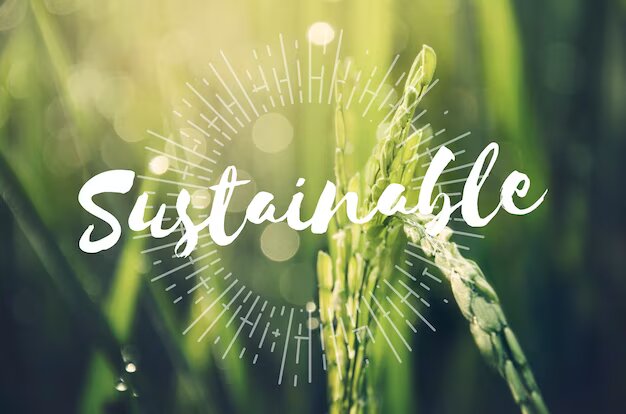Sustainable Textile Blog Series: Deep Dives into Materials, Techniques, and Innovations

The Role of Recycled Polyester in Sustainable Fashion
Sustainable textiles have emerged as a crucial aspect of the fashion industry, driven by the growing awareness of environmental and social impacts caused by conventional textile production. In this section, we will explore the significance of sustainable textiles and delve into the environmental consequences of traditional manufacturing processes.
Sustainable textiles are those produced with the utmost consideration for the planet, its resources, and the well-being of individuals involved in the production chain. These textiles aim to minimize negative effects on the environment, conserve resources, and promote ethical practices.
One of the primary concerns with traditional textile manufacturing is its heavy reliance on harmful chemicals, excessive water consumption, and the generation of substantial waste. These practices contribute to pollution, deforestation, and the depletion of non-renewable resources.
Sustainable Textile Materials

Organic fibers have gained popularity as an eco-friendly alternative to conventional textiles. Let’s take a closer look at some of the prominent organic fibers and their unique characteristics.
Exploring Organic Cotton: Benefits and Challenges: Organic cotton is grown without the use of synthetic pesticides or genetically modified organisms, making it a more sustainable option. We will examine the benefits of organic cotton, such as reduced environmental impact and improved working conditions for farmers. However, it’s essential to address the challenges of organic cotton production, such as lower yields and higher costs.
The Rise of Organic Hemp: Hemp is making a remarkable comeback in the textile industry due to its eco-friendly attributes. We will explore how hemp requires minimal water and pesticides, making it a highly sustainable crop. Additionally, we’ll discuss its versatility as a fabric and its potential for widespread adoption.
Recycled and Upcycled Materials

Recycled polyester, often obtained from PET plastic bottles, has become a popular choice for sustainable fashion. We will discuss how recycling PET bottles reduces waste and energy consumption, leading to a decreased carbon footprint. We’ll also explore innovative uses of recycled polyester in various textile applications.
Innovative Uses of Recycled Plastics in Textile Production: Beyond polyester, other recycled plastics are finding their way into the textile industry. We will showcase how materials like nylon and polyethylene are being transformed into sustainable fabrics, contributing to the circular economy.
Upcycling Textiles: Transforming Waste into Fashion Treasures

Upcycling involves repurposing discarded textiles to create new and unique products. We will celebrate the creativity of designers who embrace upcycling, and discuss how it reduces landfill waste and conserves resources. Regenerative farming practices focus on building soil health and biodiversity while sequestering carbon. We will explore how regenerative agriculture positively influences fiber quality and discuss its potential to revolutionize the textile industry.
Sustainable Textile Techniques: Sustainable textile techniques focus on minimizing resource consumption, waste generation, and chemical usage throughout the production process. In this section, we will explore various sustainable techniques used in textile manufacturing.
Exploring Natural Dyeing Methods for Textiles: Natural dyeing involves using plant-based or other organic materials to color textiles. We will showcase the beauty of natural dyes, their eco-friendliness, and the revival of ancient dyeing techniques.
Eco-Friendly Approaches to Achieving Unique Textile Patterns: Designers are exploring innovative ways to create patterns without harming the environment. We will explore sustainable techniques like block printing, shibori, and laser cutting, which offer unique designs with minimal ecological impact.
sustainable textiles are a vital component of creating a more eco-friendly and socially responsible fashion industry. The deep dives into various materials, techniques, and innovations showcased throughout this blog series have illustrated the immense potential for positive change within the textile sector.
By understanding the environmental impact of conventional textile production and embracing sustainable alternatives, the industry can progress towards a greener future. From organic fibers to regenerative practices, from waterless dyeing to smart textiles, each innovation contributes to a more sustainable and ethical fashion ecosystem.
